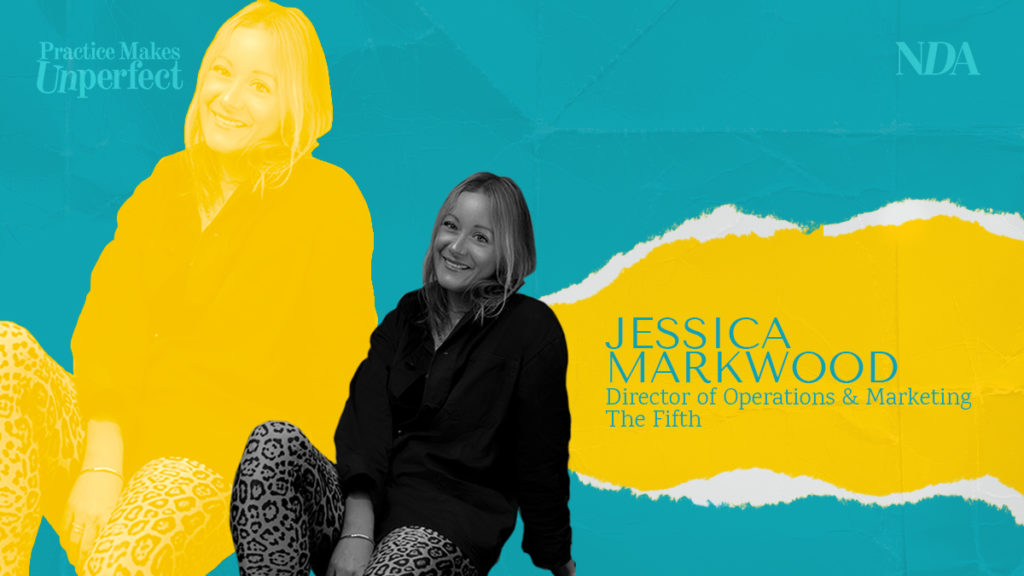By Jess Markwood, Director Of Operations & Marketing at THE FIFTH Group
These articles have been written by the latest cohort of the Practice Makes UnPerfect programme – a course that helps women find and finesse their public voices
In the summer of 1980, Ted Turner launched the first-ever 24-hour rolling news channel, CNN, sparking a revolution in journalism, and changing the way we consume and interact with media forever.
42 years on and after the birth of the internet, the world is a very different place. Once a trusted source, we now have former presidents calling reputed news organisations ‘fake news’ and large swathes of the public sceptical of science due to the (mis)information they’ve been served. But what’s gone wrong? And can social media be held responsible for it all?
Following the launch of CNN, many other media outlets all over the world followed suit with dedicated news channels in an effort to compete. To maintain interest, journalists had to find new ways of spinning stories. They had to react live, act fast and invent creative methods to compel viewers to keep watching.
The process of this, along with more channel launches driving competition for viewership, inevitably led to content becoming more sensationalised and opinionated, in an effort to drive continued engagement. Even if you’re too young to have watched it live, I’m sure you’ll be familiar with the coverage of OJ Simpson being chased down the freeway by police (and what felt like all of the media).
How consumers paid attention to the news changed, too; suddenly it was available at their convenience, rather than having to wait for specific times of day. Consumers had a front-line view of breaking news stories, watching the event play out in the moment, and with little time for editing. This raw and immediate approach generated an appetite for instant and perpetual information seeking.
Arguably, this was the first ‘social’ news, before social media even existed, and paved the way for our consumption today.
In the Reuters Institute Digital News Report 2021, based on a YouGov survey of over 92,000 consumers in 46 markets, 74% of respondents said that they prefer news that reflects a range of views and lets them decide what to think.
We used to have our information curated for us. Now, we curate it for ourselves, choosing what we want to receive and from whom. This means that influential individuals are now competing with news outlets. Anyone with a URL or social profile can compete, and clicks are everything. Buzzfeed famously optimised their headlines with thousands of different versions, the modern phenomenon of clickbait has damaged the reputation of editorial forever and we’re seeing intentionally provocative columnists shared on social media, often not because readers agree with their views, but in outrage against them.
But with any cultural evolution, the best approach is progress, rather than reversal. Would we want to return to the news distribution of the early days? For all of the negative points I make above, I can think of just as many positives: CNN’s live and unedited coverage of the Gulf War from the front line in Baghdad hit home to many the stark reality of war and inspired empathy for the 1000s of innocent victims caught up in it. Live coverage of this nature enables us to hear from the victims of war and disasters rather than spokespeople representing them.
News has also become more accessible to all; we don’t have to pay for a much wider variety of coverage and views. And as much as I worry about fake news and the division of opinion, media has also been democratised, allowing minorities a louder voice and enabling us to enjoy the privilege of freedom of speech. And where would we have been without social media through the pandemic? For many, it was a lifeline.
Platforms have a long way to go in terms of regulation and combatting misinformation. I believe the answer lies in collaboration between established news organisations, rather than more intense competition. Whether it’s cross-brand ‘morality’ bodies (like Drink Aware) or even a summit in the Metaverse, we should be working towards a future where the reader – above everyone else – is front and centre.









